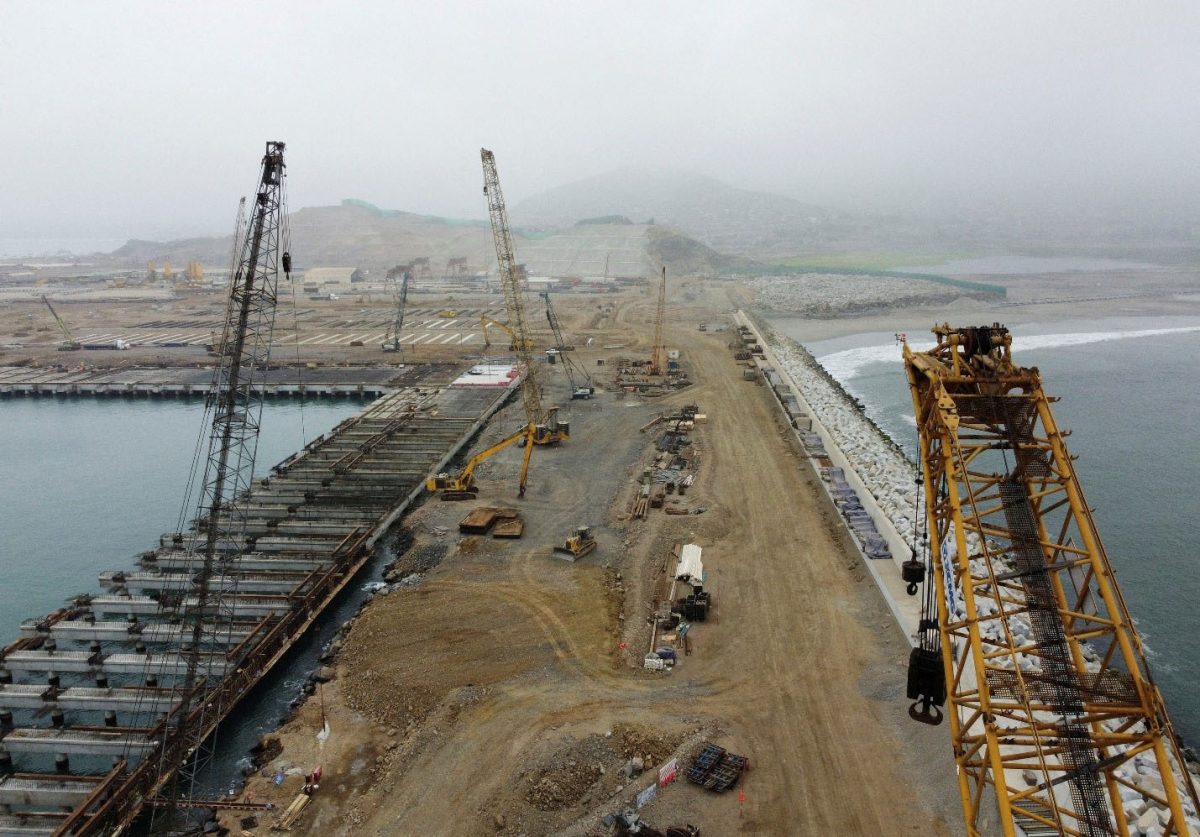LIMA, (Reuters) – The Chinese state-owned company at the centre of a dispute over operations of a megaport it is building on Peru’s Pacific coast insisted yesterday on terms agreed with the government, as some local officials have sought to backtrack on the deal.
Hong Kong-based Cosco Shipping Ports will defend its legal rights to provide services as the exclusive operator of the deepwater Chancay Port Terminal under “terms that were agreed at the beginning of this investment,” the firm said in a statement.
Cosco added that the legal controversy has harmed the project and cautioned against imposing new rules on ports that some regulators have said they might consider.
Peru’s government did not immediately respond to a request for comment.
Cosco began developing Chancay port in 2019 as a hub in the South American Pacific and key growth driver for Peru. In 2021, Peru’s National Port Authority (APN) awarded Cosco the exclusive right to run Chancay, but said in March that it never had the legal authority to grant it. It blamed an “administrative error” and requested that a judge void the terms.
Cosco responded at the time that it was evaluating the impact of the decision. Since then, Peruvian lawmakers have pushed to allow for the exclusive provision of port services by private companies and Economy Minister Jose Arista has said the original port deal should be respected.
Cosco, which provides marine transportation services, is expected to invest some $1.3 billion on the first stage of the $3.5 billion project, with more than 70% of construction completed.
Last month, Cosco sent a letter to Peru’s economy ministry requesting a six-month negotiation to amicably resolve the dispute without resorting to international arbitration, which Arista said had been received.
At the time, he said he expected to reach a deal and avoid arbitration.
In its statement yesterday, Cosco noted that the ministry had yet to respond to its letter, proposing an “institutional channel” for talks. But it also said it has taken a first step toward invoking an arbitration process allowed for by a Chinese-Peruvian trade pact.





